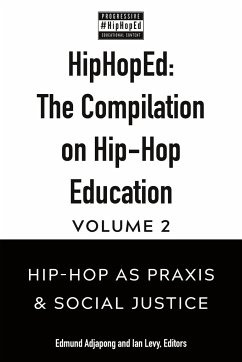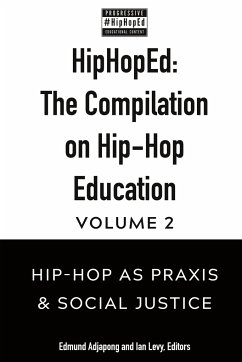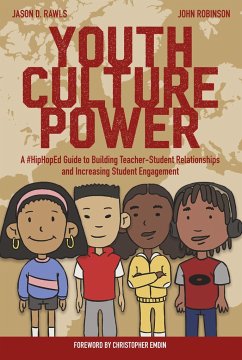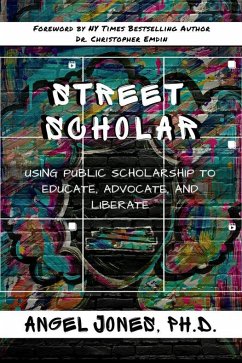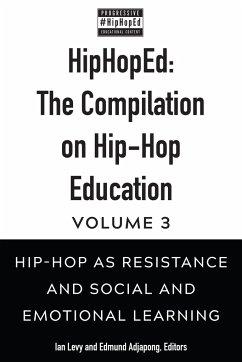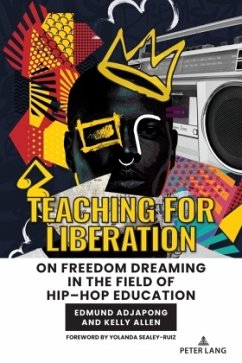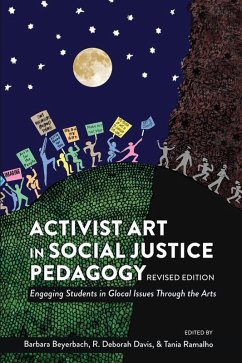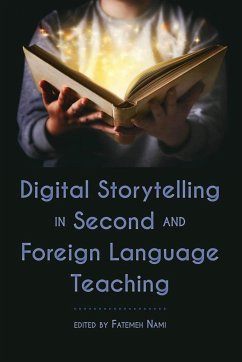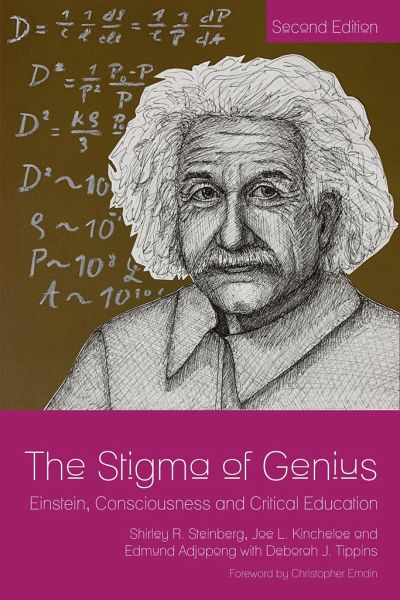
The Stigma of Genius
Einstein, Consciousness and Critical Education, Second Edition
Versandkostenfrei!
Versandfertig in 6-10 Tagen
42,80 €
inkl. MwSt.
Weitere Ausgaben:

PAYBACK Punkte
0 °P sammeln!
In The Stigma of Genius: Einstein, Consciousness and Critical Education, we muse over ways in which to be, to become and to recognize uniqueness and different paths to genius. Understanding there is no prescribed procedure, we determine multiple actions, means and measures with which we recognize and teach to genius, we look at Einstein's life and knowledges to connect our pedagogies and students. Today's schools often exemplify an inability to stimulate and encourage students to find passion, goals and reasons to be educated. Many public school students do not succeed, they are disengaged, di...
In The Stigma of Genius: Einstein, Consciousness and Critical Education, we muse over ways in which to be, to become and to recognize uniqueness and different paths to genius. Understanding there is no prescribed procedure, we determine multiple actions, means and measures with which we recognize and teach to genius, we look at Einstein's life and knowledges to connect our pedagogies and students. Today's schools often exemplify an inability to stimulate and encourage students to find passion, goals and reasons to be educated. Many public school students do not succeed, they are disengaged, discouraged, and failing. Teachers are exhausted and overworked and lack respect and administrative support in districts controlled by local and national politics. Using Einstein as an example, but also a metaphor for educators, The Stigma of Genius is straight talk about the needs for schools/teachers/administrators/students to become critically and contextually aware. We argue for an education which is conscious of students' needs and the nuances within each school and each classroom. Discussing cognition, classes, urban education and diversity, we have attempted to circle back to Einstein and understand ways to support and encourage today's geniuses.





